|
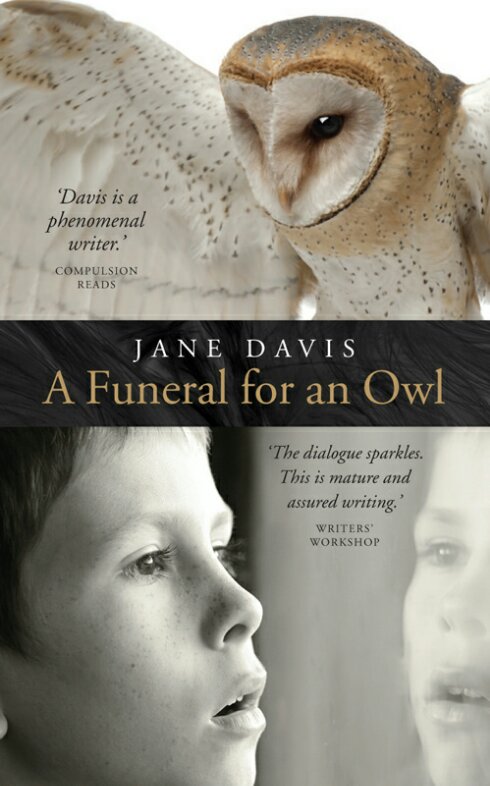
 
What kind of a boy would it take to convince two high school teachers to risk their careers?
In the United Kingdom, one in ten children ‘runs away’ from home before they reach the age of sixteen, an estimated 100,000 every year. Shockingly, a quarter of those young people are actually forced out of their homes by parents or carers. Two-thirds are not reported to the police as missing. That’s 75,000 children for whom a Missing Persons ad will never be placed. All of these children are highly vulnerable, at risk of substance abuse, sexual exploitation and homelessness. Mobile phones and social networking sites have made it even easier to target them.
That’s a really shocking statistic!
I include a particularly poignant quote from Lady Catherine Meye at the beginning of my novel. “We can’t establish for certain how many children are missing. You’d have more chance of finding a stray dog.”
Someone should do something. Surely there are laws or something to protect children.
But what if some of the rules that are put in place with the best of intentions – to protect children – actually deprive the most vulnerable of confidential counsel from someone they trust? Not everyone will agree with that view, but when I was growing up we had a wonderful teacher who operated an open-house and provided a safe place for those who were struggling at home. No questions would be asked. It was surprising who would turn up at the door.
Today, in an environment when any relationship between teachers and pupils outside the classroom is taboo, she would be sacked. I think that’s terribly sad. Fiction provides a unique opportunity to tell one side of a story through the eyes of one or two characters. The story I tell in A Funeral for an Owl is not the whole picture by any means, but it is one aspect of it.
Tell us about your novel. What’s the story?
Times have changed since Jim Stevens chose to teach. Protocol designed to protect children now makes all pupil/teacher relationships taboo – even those that might benefit a student. But, despite his position of authority, Jim is, and has always been a rule-breaker. Growing up in the 90s on a council estate overlooking the railway tracks, Jim’s father was regularly in and out of prison. Although his mother tried to show him that there was another way, he didn’t much relish the idea of hard work. Finding a pair of binoculars and a chance meeting with Aimee White, a girl from the other side of the tracks – the side with the bay-fronted houses – altered his outlook.
What kind of boy would cause Jim to risk his career? A boy who can clothe a word in sarcasm; disguise disdain with respect. So what is it that Jim finds he has in common with 14-year-old Shamayal Thomas as they study a large framed photograph of an owl? Aimee White’s owl, to be specific.
Didn’t you say there were two teachers? Who is the other one?
Ayisha Emmanuelle. Brought up in a semi-rural village in Wiltshire by Muslim parents, her greatest act of rebellion was to join the Girl Guides, a Christian organisation. A rule-keeper, Ayisha Emmanuelle believes the best way to avoid trouble is by walking away. But, arriving on the scene of what appears to be a playground fight, that isn’t an option. To her horror she finds her colleague Jim Stevens has been stabbed. In the messy aftermath, when Shamayal discloses that he and Jim are friends, Ayisha’s first duty is to report her colleague. But, not knowing if he will pull through, something makes her hesitate. Now, all she can do is wait to see if her instinct is justified.
That sets it up nicely. What kind of readers will your book appeal to?
Any one with an open mind, but my writing tends to appeal to book clubs whose members are looking for issues that encourage debate. You can find suggested questions on my website www.jane-davis.co.uk. I recently received a wonderful letter from a book club saying that they had to send out for more wine as their meeting had lasted over four hours.
That is a compliment.
I also want to mention the owl. The Barn Owl Trust issued an emergency warning yesterday that barn owls may not survive another harsh winter. Their numbers have reduced greatly over the past four years. Nesting sites are down by 90% this year, having largely been abandoned. And with 30% of young bird being killed on roadsides before the age of one, the species is at risk. Owls have all but disappeared from towns during my lifetime. It would be so sad to see them disappear from the countryside.
Add that to your stat on the runaway children and now we’re thoroughly depressed!
Have you written any other books that we should read next?
My first novel, Half-truths and White Lies, won the Daily Mail First Novel in 2008. It was described by Joanne Harris as ‘A story of secrets, lies, grief and, ultimately, redemption, charmingly handled by this very promising new writer.’
I have also self-published two other novels, my photography-themed historical novel, I Stopped Time, and These Fragile Things, an intimate portrait of a family in crisis after daughter Judy suffers a near death experience.
Tell us a bit about yourself.
I received a strict Catholic upbringing which, according to Hilary Mantel, is the only qualification required for being a writer. I bring to my writing my love of the British countryside (I am a keen walker), photography and 20th Century History.
Carshalton in Surrey (the setting for A Funeral for an Owl) has been my home for the past 15 years. I live in a ridiculous timber-framed house, originally the ticket office for a private Victorian pleasure gardens, with my Formula 1 obsessed, star-gazing, beer-brewing partner. We are surrounded by growing piles of paperbacks, CDs and general chaos. There are also other elements about our house that crept into the novel. I tell a story about Jim’s Grandad who lives in a house with a fireplace in each room and who has a fighting battle with the pigeon who sits of the chimney coo-ing all day, with the chimney acting like a loudspeaker. That is my house!
Tell us about the award your first novel won.
After being assured the award would open doors for me, my next novel was turned down by my publisher on the basis that it didn’t fit their women’s label. I had never set myself out to be a women’s author, but it seemed I had been pigeon-holed (another reason to hate those birds). I chased that elusive deal for four years before turning to self-publishing. In the space of one year I have released three further novels, I Stopped Time, These Fragile Things and A Funeral for an Owl, all of which have been endorsed by Compulsion Reads. After my experience with traditional publishing, where I felt as if I was very much on my own, I am embracing the indie community which is peopled with the most generous writers.
Yes, the indie community can be very generous of spirit. Do you use social media? Where can our readers find you?
Facebook: https://www.facebook.com/jane.davis.54966?ref=tn_tnmn
Twitter: @janerossdale
Pinterest: http://pinterest.com/janeeleanordavi/boards/
What’s next?
Next is editing about my novel, ‘Life, Unchoreographed‘ which tells the story of a prima ballerina who turns to prostitution to support her young daughter. It is all about the mother/daughter relationship, told partly through the eyes of the six-year old child and partly through the eyes of the mother. (Think ‘What Maisie Knew’ by Henry James.) One result of the recession is that prostitution is now at its highest level since it was in 17th Century London and the traditional stereotype of what and who a prostitute is have been blown out of the water.
Another depressing stat!
How easily do new storylines come to you? If we give you four random words – Man, Woman, Airport, Darkness – can you give us a brief storyline?
Not easily. I need to find the characters first and the real point of a novel might only come to me when I am several edits in. Because the Man and Woman are separated by commas, I imagine they are strangers who meet under extraordinary circumstances. If it’s dark at an airport there is clearly some kind of emergency going on. There would be complete chaos, even as a voice over the sound system tells everyone to remain calm and that there is nothing to worry about. And these two people stumbling about, not believing the official instructions, collide. As they can’t see each other, I imagine that there is something about one of their voices that makes the other stop and think. If it was going to be a love story, I think the man would have to have a rich Scottish accent. But I don’t think it’s a love story. Love stories don’t start in the dark.
|




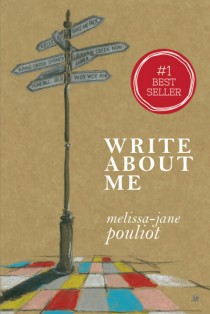
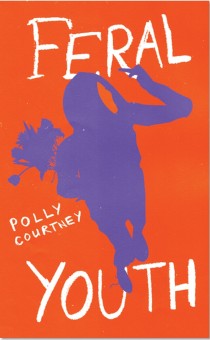


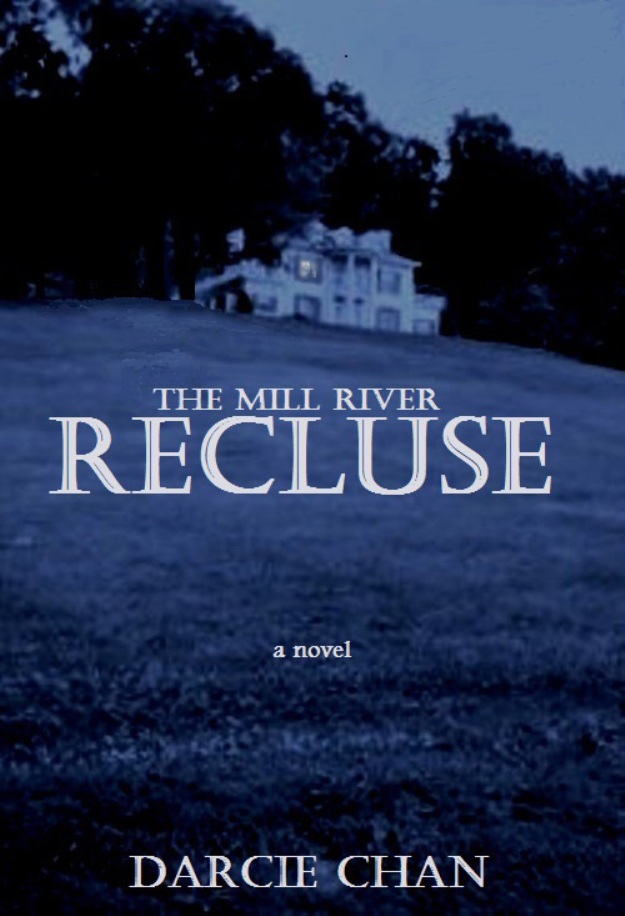


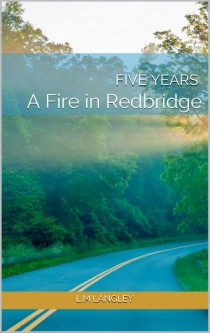
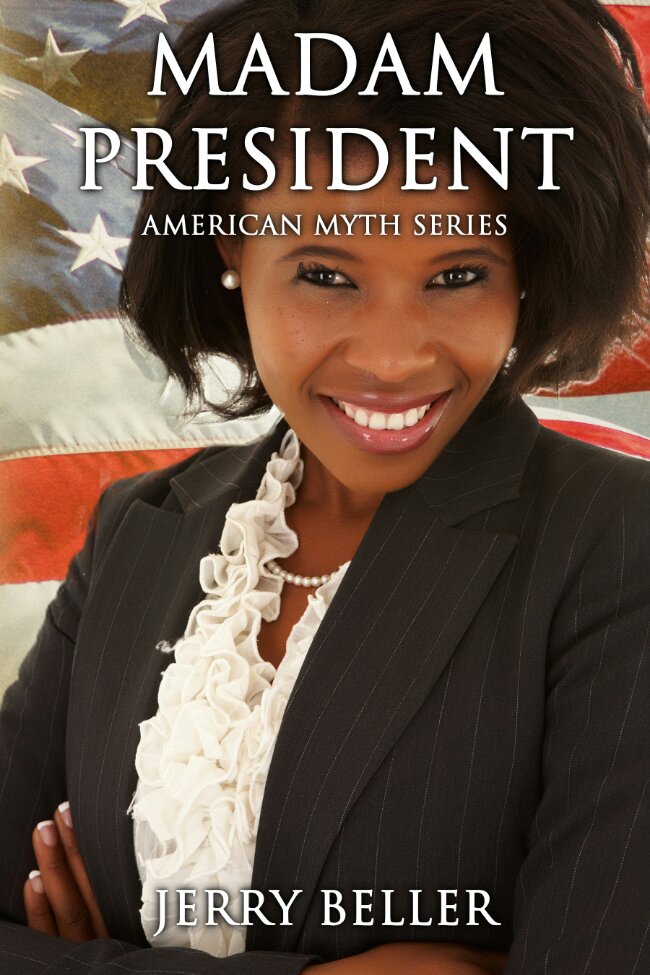

Leave a Facebook, Google+ or Wordpress Comment